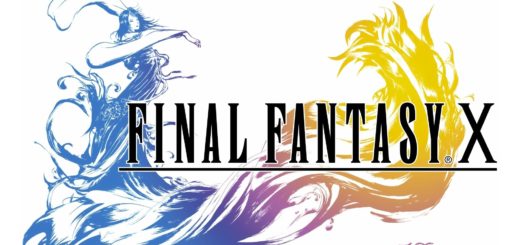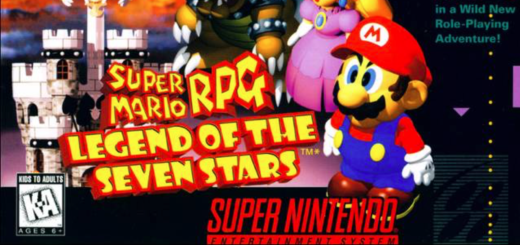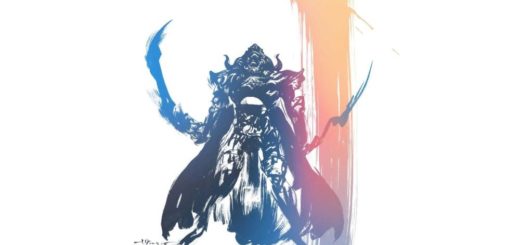Classic Callback: AMPLITUDE
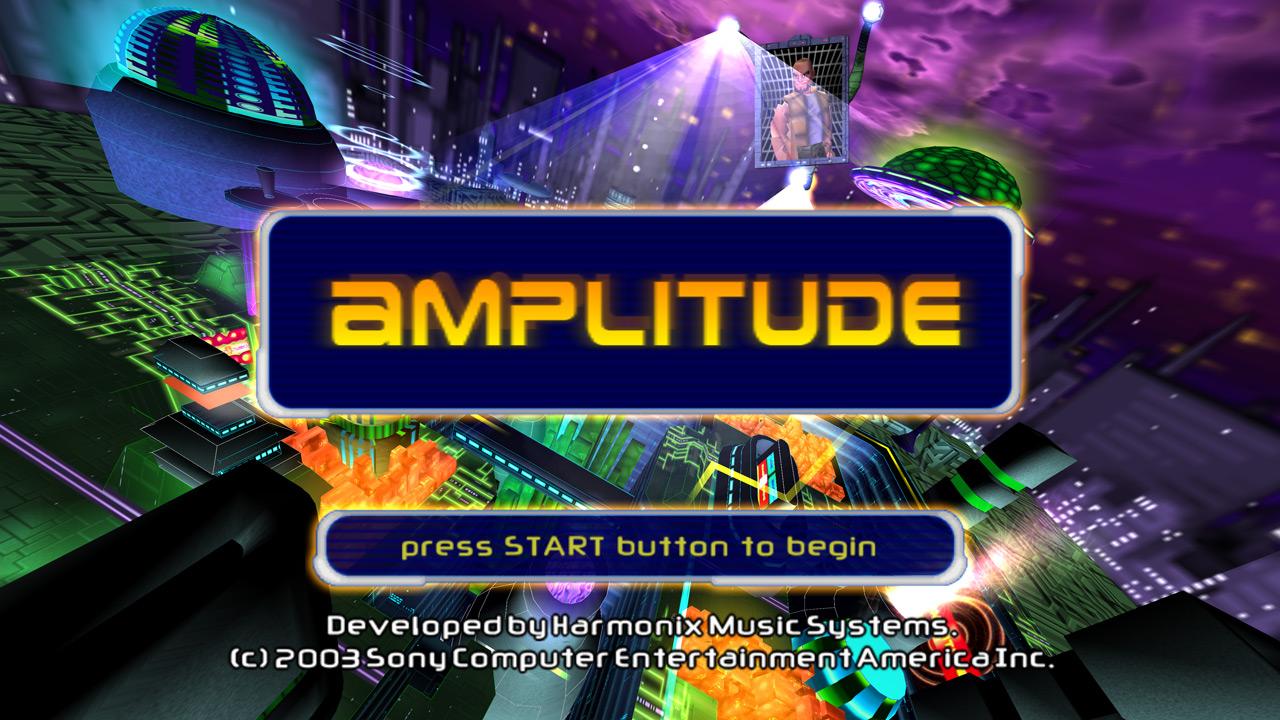
Source: Screenshot
Rhythm games will always have their niche audience, be it Japanese business men smoking cigarettes and playing DANCE DANCE REVOLUTION, or Japanese teenagers playing a keyboard equivalent (while still smoking cigarettes). Yet its time in the mainstream spotlight, around the mid-2000s, was a cherished era. While it’s somewhat washed up as a genre, everyone tends to look back fondly upon the early days of GUITAR HERO, eventually ROCK BAND, and finally the motion controlled ridiculousness of JUST DANCE and DANCE CENTRAL. Rhythm games became a staple of living room parties and bars; a signifier of a good time, pushing the concept of karaoke into an upper echelon that was still casual, but perhaps could be even more fun with broadened skills.
Like the extreme sports genre and the TONY HAWK PRO SKATER franchise, there’s a sense of nostalgia when remembering the good old days… but the idea of bringing them back is tricky, perhaps better in dreams than execution. Yet rhythm as a game design element is still an interesting concept. Newer independent games like THUMPER or CRYPT OF THE NECRODANCER utilize it as a main aspect of their action. It’s reaching a point of subtle innovation again, which could help it grow in a new, healthy way. Today, we’re looking back at a game that helped start that first early 2000s rhythm game craze. It’s more cult classic than legend of the console, but its colorful outlandishness and ambition turned heads and led us directly into the fun fray of guitar and drum controllers. Before ROCK BAND and GUITAR HERO, there was AMPLITUDE.
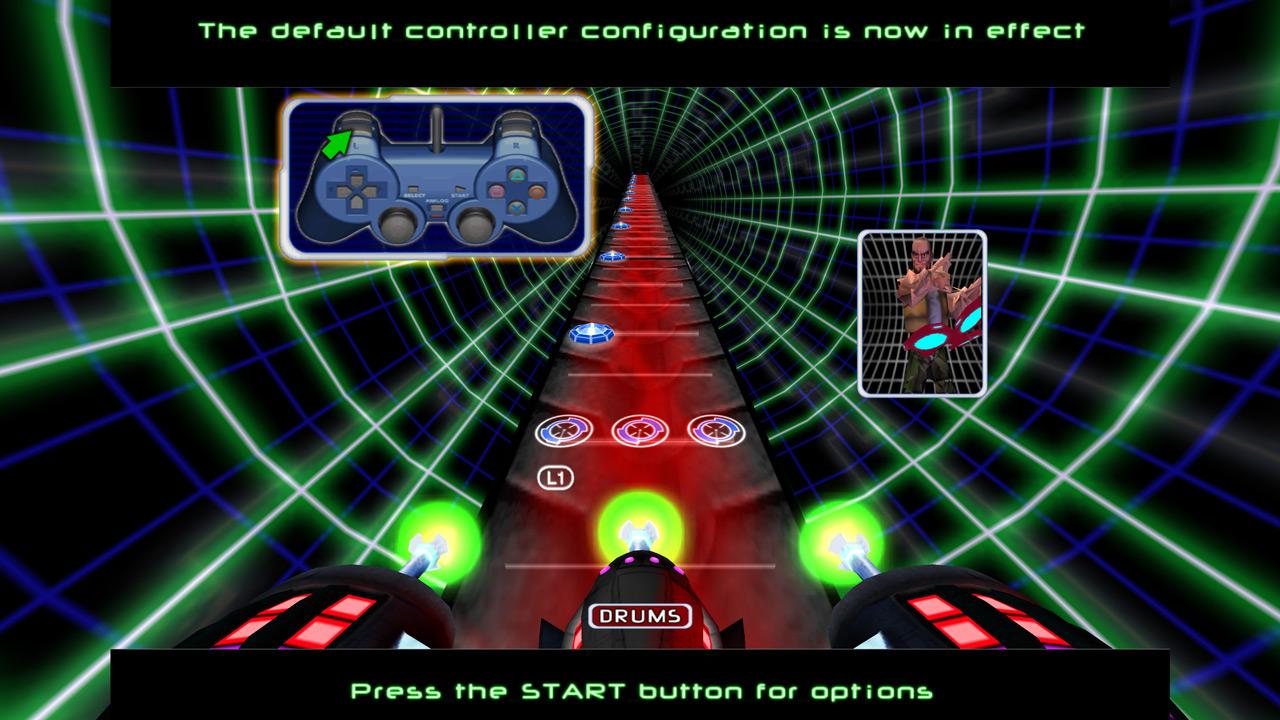
The default control is shouting “LEFT, CENTER, RIGHT” at your TV
Source: Screenshot
Okay, before AMPLITUDE, there was FREQUENCY, and before FREQUENCY, there were a variety of games from the Asian sector that were notorious for the intense speeds and skills required to master them. But Harmonix’s AMPLITUDE brought these specific, complex game elements to the MTV generation (Weezer, Run DMC, Blink 182, Pink, Slipknot… Quarashi… The Baldwin Brothers — you know, the hits), offering trippy visuals and heart-racing action that would later be synonymous with turning on overdrive during a particularly intense guitar solo in ROCK BAND. What AMPLITUDE did that set it apart, other than its signature neon look, was to game-ify the sampling and sequencing aspect of DJ’ing.
Any fan of the game has surely had trouble describing the gameplay, short of just showing them a particularly flashy level/song; Lord knows I have. Essentially, instead of just being in control of one instrument like in ROCK BAND, AMPLITUDE gives the player control of a song’s whole orchestra, which is broken down into drums, guitar, synth, bass, vocal, and FX tracks, all separated into their own individual parts. The player must play one track at a time with their controller for several measures, flawlessly (in the game universe, the player blasts notes in a funky space ship… Very cool). Once several bars have been played without error, that particular track is locked for a short while, and is playing without need for control, leaving the player to switch over to another instrument to enable. It’s a constant juggling act that can induce stress, but once the player has a hang of it, it’s perhaps one of the most uniquely thrilling experiences the genre could inspire.
See the game in motion yourself! It’s Garbage! The song, not the game… Game good
That sense of musical control feels like a universal, psychological thrill anyone can get a high off of. Like PORTAL making players feel like a genius when they progress, AMPLITUDE makes the player feel like a capable mix master virtuoso. Perhaps this is native to an earlier time, but any game that engages a player so deeply is certainly a special one. The game provides power-ups like slow motion and freestyling that add even more to the amorphous capabilities at the hands of the player. Not only do they offer a cop-out of temporary relief from an onslaught of increasingly complex note charts, but they’re connected to the musical flow.
The soundtrack selections are also varied, with each song being labeled by genre and style, tacked with a little bio and image of the band. Each song/level is named by group as opposed to song, which is just an odd little detail. Though there are some laughs to be had at the expense of timely selections mentioned previously, there isn’t really a song in the bunch that spoils the roster; every song and type of song has its unique challenges on specific instruments and parts of the song. GUITAR HERO and ROCK BAND had arcade/scoring elements that spawned its own community of leaderboard score-beating competition, and AMPLITUDE definitely lends itself to such gameplay as well, with enough warranted challenge per song. But the overall attitude and pulse the game and its music emanate is very enticing and welcoming, akin to the vibe of a bumping club, except you’re the DJ. So don’t screw up.
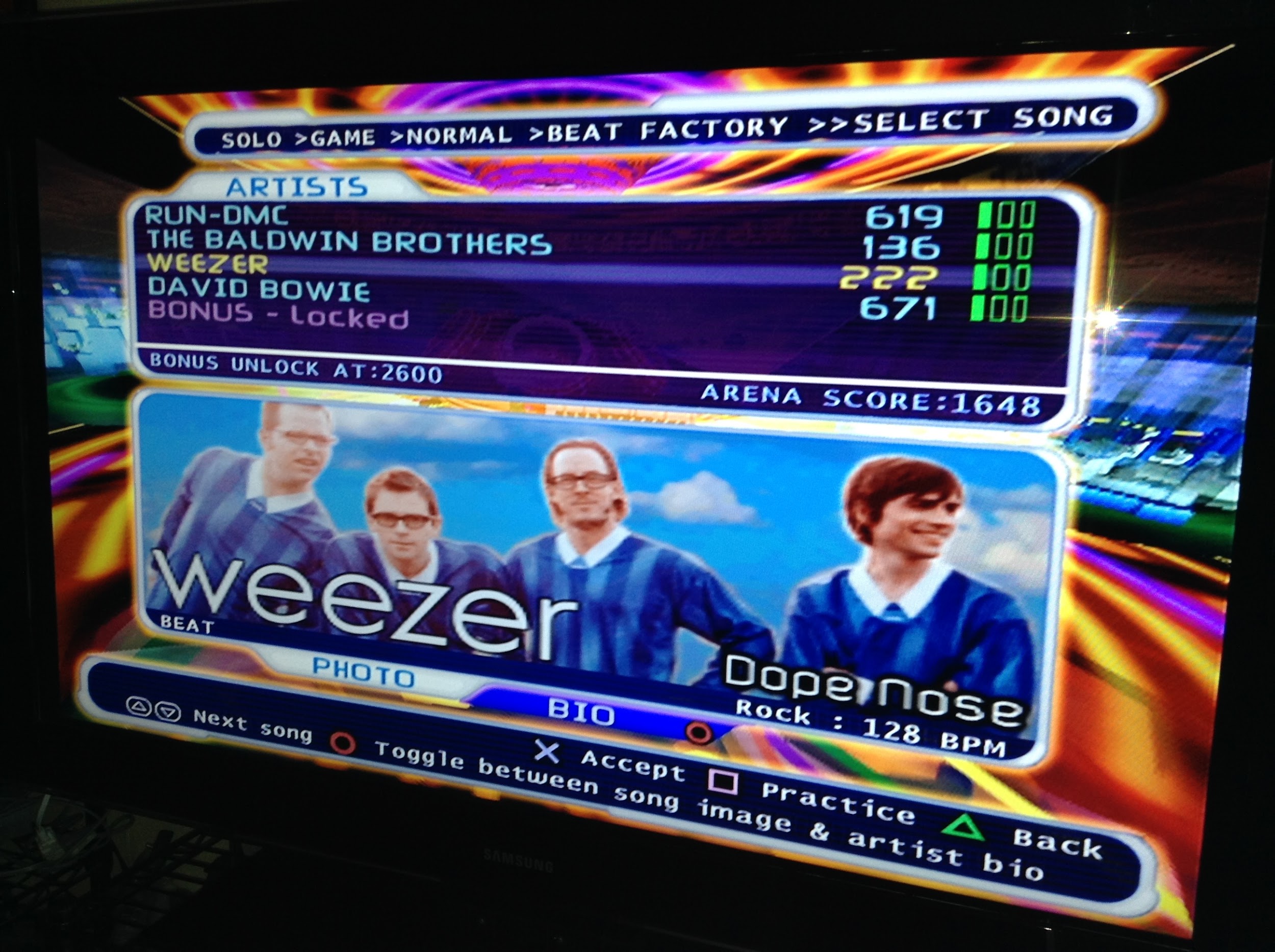
DO YOU HAVE WHAT IT TAKES TO DEFEAT Weezer?
Source: Screenshot
The game even had a “Remix Mode,” wherein the player can pick any of the songs in the game and do a full-on remix. Each track takes the samples per instrument and allows the player to place notes/beats to their own whim, and to whatever BPM they desire. In the PlayStation 2’s online days, this mode allowed players to share their remixes, which feels like genius in retrospect, a flagship for user-created content on consoles. It’s a somewhat complicated interface, but it launches players into an open playfield, so at the very least it’s hands-on if one were to just mess around. AMPLITUDE is a game that the player could easily become frustrated with, which I’m sure turned many people off before rhythm games became a much more accessible genre. But if the player was intrigued by its unique systems, there were plenty of avenues to explore. Even back then, Harmonix’s extensive gameplay tutorials were user-friendly and somehow delightfully empowering.
AMPLITUDE’s graphics certainly haven’t aged well, though I’d venture to say that its design aged quite nicely. In a time where throwback games have evolved from emulating 8-bit and 16-bit aesthetics to aping the low-resolution, low-polygon, blocky textures of the PlayStation 1 era (which seems to have come in tandem with film’s recent resurging love for VHS aesthetics, but that’s another conversation), AMPLITUDE is still very pretty and intense to look at in action. Its color palette is heavily neon and its style ranges between traces of cyberpunk, TRON, and even a BLADE RUNNER-esque industrial flare.
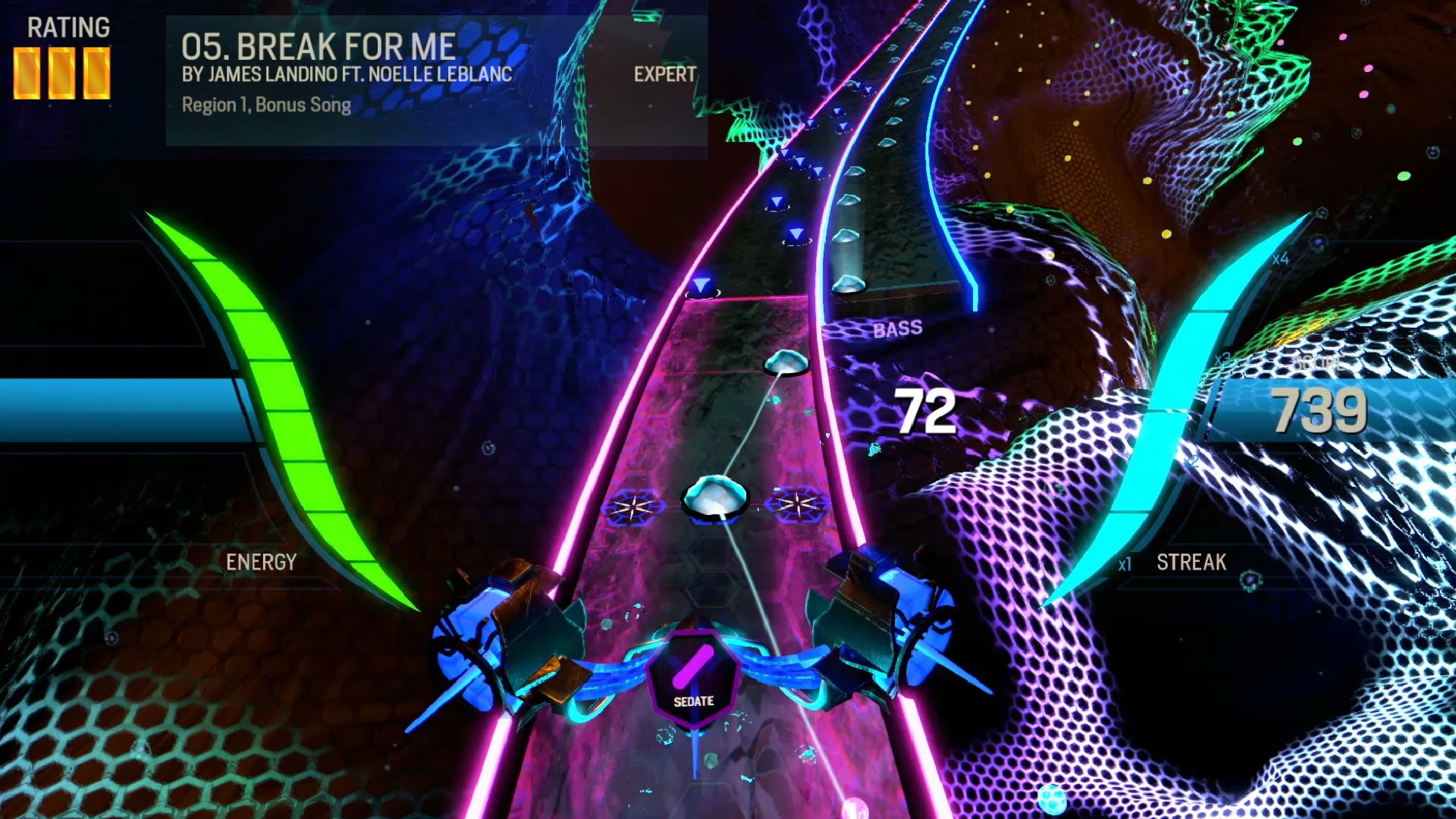
The new AMPLITUDE looks pretty incredible for an insane epilepsy agent
Source: Screenshot
Each instrumental track glows bright, luminescent colors, and notes in a sequence are connected by electric tethers, constantly shimmering, as each beat shatters like glass. The backgrounds bounce and whir in rhythm with the song, sometimes displaying music video elements on screens like Times Square buildings. If you can’t figure out the gameplay of AMPLITUDE, it’s certainly at least worth checking out for its retro visualizer-style looks and sounds. The same applies for FREQUENCY, which has similar elements, but works its instrumental tracks into a cylindrical tube, making switching tracks even trippier… and perhaps more vomit-inducing.
AMPLITUDE also had a multiplayer mode, which was still somewhat novel at the time for console games. A game to be played competitively simply wasn’t considered yet. Cooperative modes on the main game and remix modes were included, which sounds incredibly fun, along with a sort of “Horse” mode, where one player has to ape another player’s note pattern. It feels very fitting, considering how GUITAR HERO’s eventual multiplayer developed similarly. The recent reboot of AMPLITUDE also has multiplayer in similar fashions, though the remix mode is not present, which is a bummer… and not the only bummer of the game, sadly.
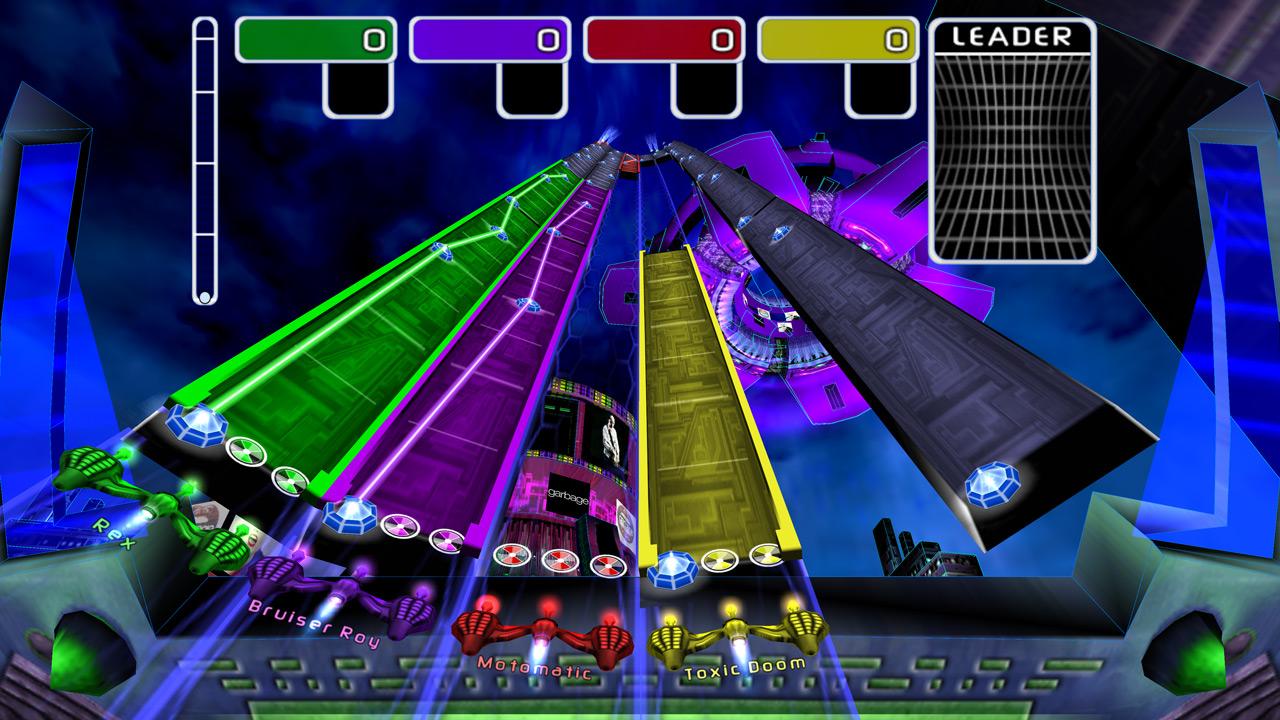
Please, Mr. Doom is my dad… Call me Toxic Doom
Source: Screenshot
AMPLITUDE’s gameplay style has been emulated by few to none, except by Harmonix themselves in spiritual successors, all the way up to a reboot earlier this year. ROCK BAND: UNPLUGGED for the PSP was interesting, taking the four-instrument tracks in ROCK BAND and playing through them with AMPLITUDE’s track switching component. ROCK BAND: BLITZ, again, had a similar design, but without the track-locking component and only two buttons per track, so that the game could translate any ROCK BAND downloadable content song into a level. This was good for versatility, but the gameplay ultimately felt a little shallow.
The new AMPLITUDE is fine, though its low budget gives it a weak soundtrack and minimal features. That being said, its sleek new design is appealing, and the general return of the franchise might open it up for future installments with more money and attention to detail. Yet Harmonix, as well as rhythm games in general, have been in a downturn. It took GUITAR HERO a whole new system (in the impressive GUITAR HERO: LIVE) for it to have any impact again. It felt like a punch in the gut knowing ROCK BAND 4 was a weak installment, especially up against a new GUITAR HERO game, but Harmonix has been struggling. Amidst ambitious ideas (CHROMA, their first-person rhythm game that had promise, but ultimately died) and a rabid fan base, they seemed to have received the short end of the stick in terms of support from that dastardly EA.
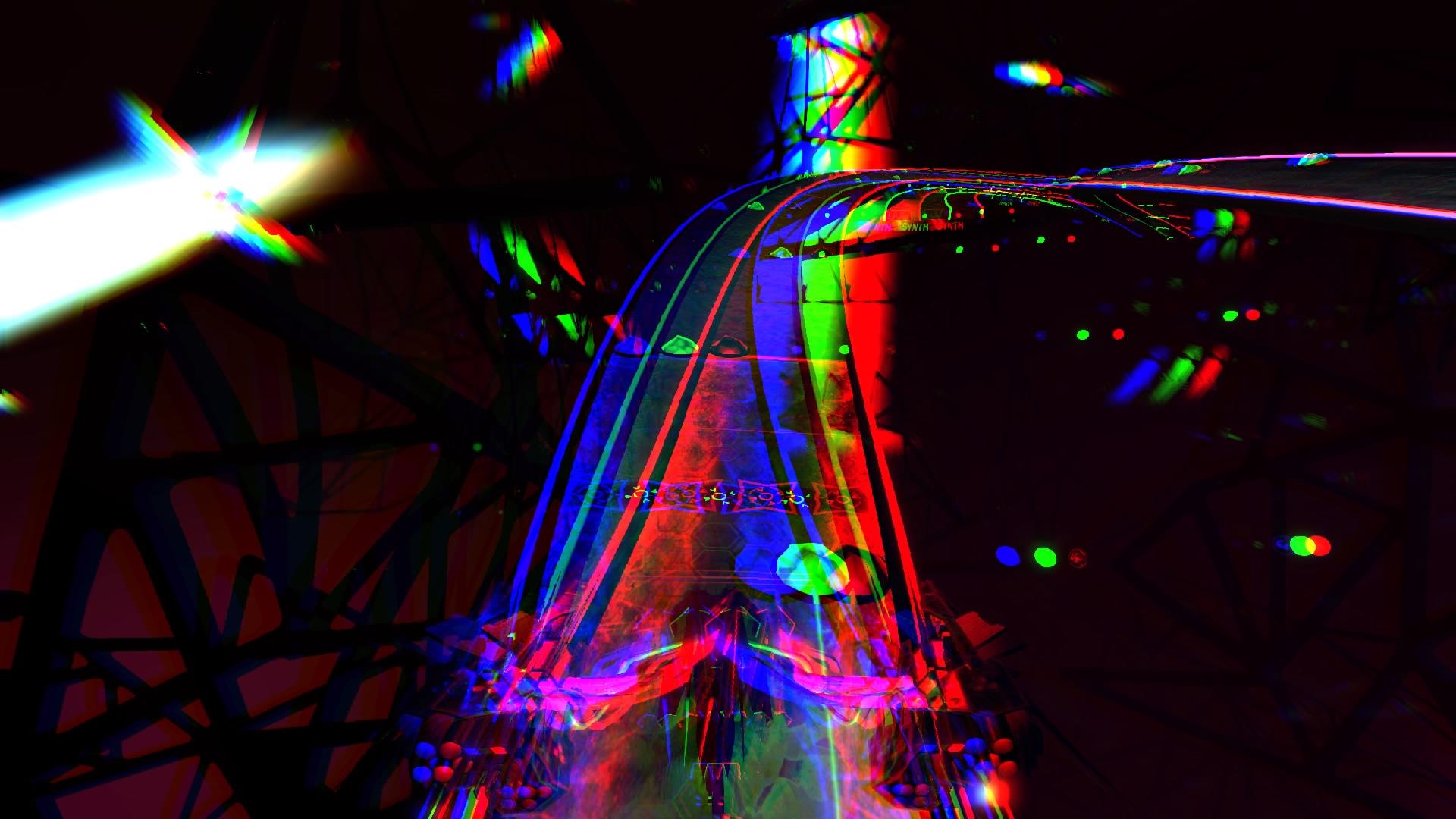
My vision when GUITAR HERO made a game better than ROCK BAND
Source: Screenshot
Production troubles aside, it’s near impossible to dispute the classics. You can see and feel the energy, creativity, and passion teeming from the roots of games like AMPLITUDE. The ingenuity in every mode and function, and the heart that transfers from developer to player through the kinetic and hands-on gameplay, is something worth cherishing. Rhythm games will continue to have ups and downs, just like any genre, though for what AMPLITUDE stood for, as an ambitious shift of the tide in style and concept, it’ll be a wonder if the same heights are once again reached. However, with the currently beautiful onslaught of mind-bendingly unique independent games out there, it’s only a matter of time before another title assumes AMPLITUDE’s mantle… just as long as there’s a Freezepop song in it, of course.

